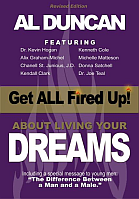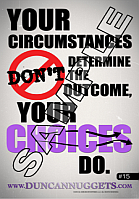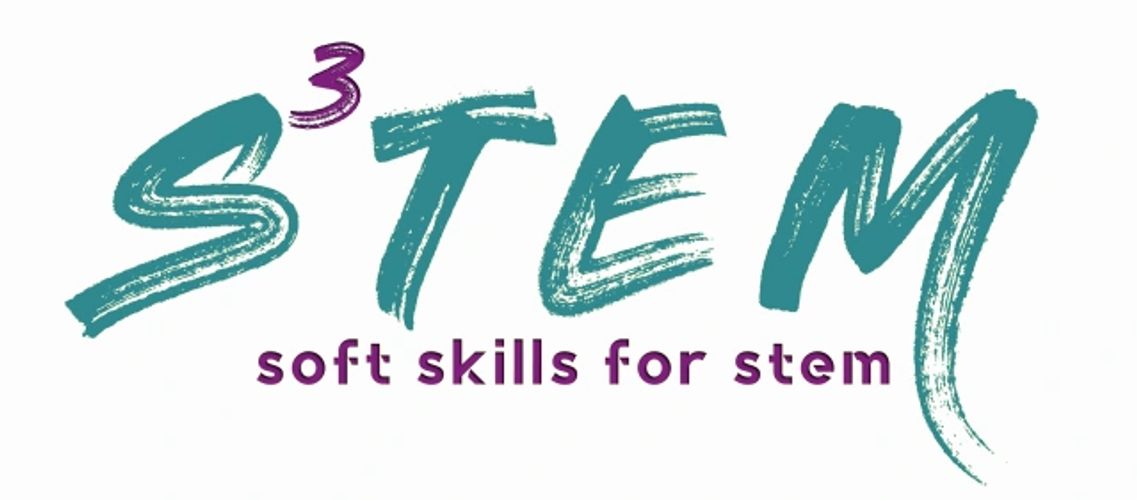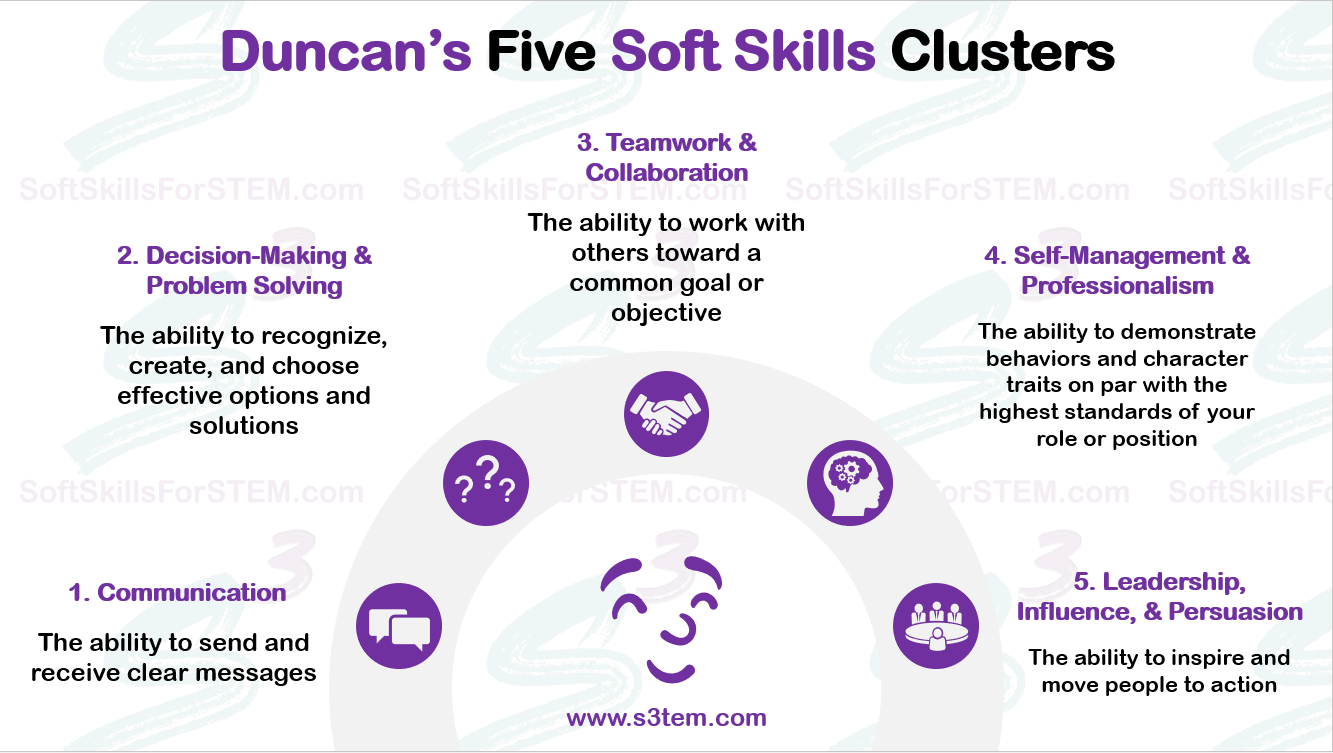Q & A: Get a Degree in Motivational Speaking?
Q: What kind of college courses would I take my freshman year of college in order to become a successful motivational speaker like you? -student, Georgia State University
There’s no official curriculum for becoming a motivational speaker. In fact, we come from all walks of life. There are professional speakers that have majored in education, business, engineering, law, performing arts (me), psychology, religion, and plenty of other majors that I haven’t mentioned.
Regardless of your career path, here are some nuggets that will help you to become a good public speaker and build a solid professional speaking business.
1. Major in something you do well, you love, and that will help you get a job or start your own business. This is crucial. You should love what you do and you should do it well enough to get paid to do it.
It takes time to build a rep that makes people want to pay you to speak. In the meantime, you need to eat, right? Keep in mind that you can speak professionally and work in your profession or run your business. People do it all the time.
2. Take a public speaking class and join (or start) a Toastmasters Club. There should be one on campus or close by, if not, start one.
3. Take some entrepreneurship classes. (Man, I wish somebody would’ve told me that!) Public speaking and professional speaking are two different things. If you want to speak for living then you will be running a speaking business.
Running a business involves marketing, sales, branding, negotiating, accounting, and more. If it seems like a lot it’s because it can be. But…it sure is fun being your own boss!
4. Become a master (expert) of something. Inspiration and motivation are good, but people pay big money for expertise. There’s nothing wrong with a little “rah, rah, rah” every now and then, but that isn’t enough.
The professional speaking industry has evolved. If you’re a celebrity, a famous athlete, or someone with an amazing story–the kind they make movies about–you could get booked for some gigs simply because your life story is inspiring. But it doesn’t work that way for most speakers.
You have to be a master of what you do because people want tangible results. They want their personal and professional lives to be better.
Duncan Nugget® #10:
The true measure of a speaker is not
in the awards or praise received.
The true measure of speaker is the ability to
inspire people AND deliver empowering information
that will help them get what they want.
5. Write. This one is up for debate. Many well-known professional speakers use ghostwriters or staff to produce their articles and books. Is that cool? There’s nothing wrong with it, but…
Million-Dollar Question:
Long before you make enough money as a
speaker to pay someone else to write for you,
who’s going to write your material?
If I couldn’t write I wouldn’t be answering your question. Think about that. Writing is a good way to supplement your income, it gets your name out there even more, and it helps you to master your subject. I suggest you start a blog–now. (Let me know when you do and I’ll check it out, okay?)
Write about what you want to speak about. Write about what you’re reading. Write about whatever is on your mind. And write a book on the topic you want to speak about.
THE BOTTOM LINE
Public speaking is an art that will enhance virtually any career. So, it’s well worth the effort to get better at it. The professional speaking industry is extremely competitive and it can take a while to build a strong business. So, make sure you have a way of making money in the meantime.
Use the nuggets you just read and you’ll be well on your way to becoming a good public speaker with a solid speaking business.
___________________
More public speaking tips from DuncanNuggets.com
Got a question? Use this form to ask Al.
- Categories: — Public SpeakingArticlesCareer DevelopmentCommunication SkillsProfessionalQ&AYoung Adult







